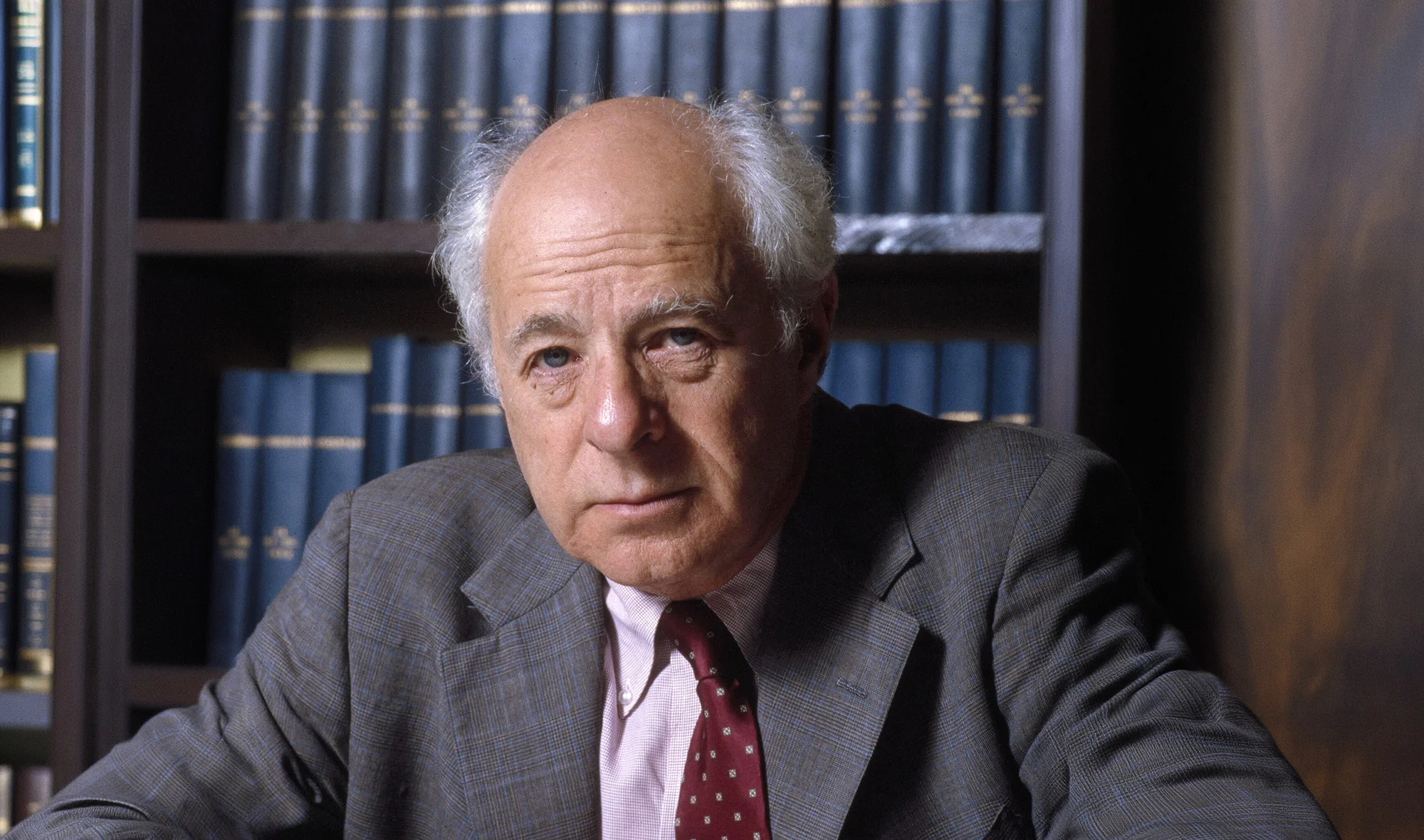
Popular Misconceptions: The Global Fertility Crisis
The global fertility crisis is worse than you think
For anyone tempted to try to predict humanity’s future, Paul Ehrlich’s 1968 book The Population Bomb is a cautionary tale. Feeding on the then popular Malthusian belief that the world was doomed by high birth rates, Ehrlich predicted: ‘In the 1970s hundreds of millions of people will starve to death.’ He came up with drastic solutions, including adding chemicals to drinking water to sterilise the population.
Ehrlich, like many others, got it wrong. What he needed to worry about was declining birth rates and population collapse. Nearly 60 years on, many predict the world will soon reproduce at less than the replacement rate.
But by my calculations, we’re already there. Largely unnoticed, last year was a landmark one in history. For the first time, humans aren’t producing enough babies to sustain the population. If you’re 55 or younger, you’re likely to witness something humans haven’t seen for 60,000 years, not during wars or pandemics: a sustained decrease in the world population.
Pursuit of Happiness

The Rise of Latino America
In The Rise of Latino America, Hernandez & Kotkin argue that Latinos, who are projected to become America’s largest ethnic group, are a dynamic force shaping the nation’s demographic, economic, and cultural future. Far from being a marginalized group defined by oppression, Latinos are integral to America’s story. They drive economic growth, cultural evolution, and workforce vitality. Challenges, however, including poverty, educational disparities, and restrictive policies, threaten their upward mobility. Policymakers who wish to harness Latino potential to ensure national prosperity and resilience should adopt policies that prioritize affordability, safety, and economic opportunity over ideological constraints.

Exodus: Affordability Crisis Sends Americans Packing From Big Cities
The first in a two-part series about the Great Dispersion of Americans across the country.
.jpg)
The False Equivalence of Multicultural Day
Parents have an affirmative obligation to reinforce patriotic values and counter the narratives that are taught in school.

Norman Podhoretz: American Patriot, Faithful Jew, and Indomitable Defender of Civilization
Podhoretz never turned on the promise of America.
















